Typhoons are pretty common in Japan as well as in the Philippines, Taiwan , Hong Kong and China and they occur every year but they don't cause tsunamis. Earthquakes cause tsunamis.
Tsunami's are caused by earthquakes or shifts in the earth's plates. What happens in an earthquake is that one part of the seabed moves relative to the other, commonly along an existing fault plane and when an earthquake occurs there is a sudden displacement of water in the sea creating the beginning of the tsunami which builds as it heads towards land.
You might remember the very recent tsunami that hit Banten near Jakarta in Indonesia. This was caused by a collapse of part of the Anak Krakatoa volcano between Sumatra and Java. There was no bad weather at all, but the collapse of the volcano created the tsunami and worst of all it occurred late in the evening and many people died. Similarly, the fairly recent tsunami that hit Sulawesi some months ago where much of a village was wiped out was caused by an earthquake with the epicenter under the sea floor. We know the same happened in Japan just a few years ago in 2011 where a 9.1 magnitude earthquake on Japan's east coast created a massive tsunami that destroyed the city of Sendai and destroyed the Fukushima Daini Nuclear Power station.
And of course the most tragic of recent tsunamis in 2004 that killed 227,898 people and was caused by a 9.1 magnitude earthquake in the Indian Ocean with waves up to 30 metres high was devastating.
Japan is part of the "ring of fire" that surrounds the Pacific Ocean which is why it has volcanoes and earthquakes. Earthquakes create tsunamis, not typhoons and earthquakes are unpredictable but devastating. Many coastal towns along the same coastline as Yokohama such as Numazu in Shizuoka Prefecture have "tsunami gates" at the entrance to their harbours. Cities like Tokyo and Yokohama would be very susceptible to major earthquakes followed by tsunami's due to the low elevation.
I have several Japanese friends who are expatriates working overseas and those who live in Tokyo always worry about "the big earthquake" that might hit Tokyo and any subsequent tsunami. Of course we all hope nothing every happens but if it should then Yokohama would be equally damaged.
The thing is, tsunamis are caused by earthquakes, and earthquakes are completely unpredictable. We just do not know when one might occur. Once an earthquake occurs, then seismologists can determine the location of the epicenter fairly accurately. If the earthquake is a major one, usually 7 or higher on the Richter Scale, then the population of the nearest cities will have a matter of minutes to get to higher ground should it be determined that a tsunami may occur.
You may have heard about the Great Japan Earthquake of 1923. The earthquake followed by a 40 foot tsunami killed more than 140,000 people in Yokohama and Tokyo. Let me say this again, earthquakes are completely unpredictable.
However, Yokohama does happen to be one of my favourite cities in Japan. As you say, not as expensive as Tokyo but just a half hour commute to get there. And plenty of great things to see and do for the family. My kids absolutely love Yokohama as does my wife and I and we have many friends there and visit there often.
 Moving to Japan with your family
Moving to Japan with your family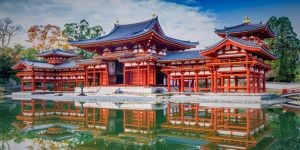 Working in Kyoto
Working in Kyoto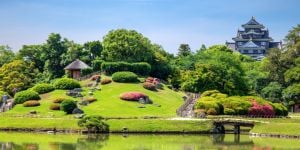 Working in Osaka
Working in Osaka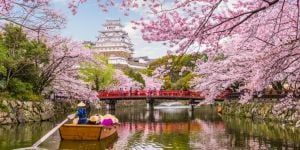 Internships in Japan
Internships in Japan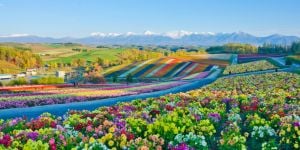 Finding a job in Hokkaido
Finding a job in Hokkaido The banking system in Japan
The banking system in Japan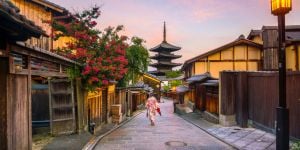 Accommodation in Kyoto
Accommodation in Kyoto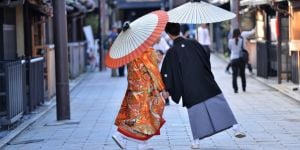 Getting married in Japan
Getting married in Japan



